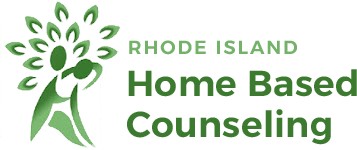Family Therapy
in Portsmouth Newport County RI

Family Therapy can help family members to improve communication, resolve arguments and even avoid further conflicts. Family therapy is often short-term,, 12 weeks of less.
It may include all family members, or just those who are available or willing to participate. Family therapy is most effective in person (vs. teletherapy).
Family therapy can often be more effective in working out a conflict with another family member (or members), especially if that family member is as committed and open as you are to the therapeutic process. Family therapy is also a very effective process for resolving problems between parents and children.
Family therapy can help you improve troubled relationships within your immediate or extended family. You can work through issues such as mental illness, addictions, or past trauma, a difficult childhood or problems with other family members such as siblings, in-laws, aunts, uncles or cousins. Sometimes a family crisis or stressor such as a move, a sudden medical illness or injury, a death in the family, changes in employment or income can present stressors that overwhelm our usual coping styles and disrupt the family system.
Family therapy can help us to better understand each other, the other person’s perspective, their strengths, challenges and weaknesses, and even develop insight regarding how we relate to each other. Through family counseling we can improve our communication patterns, ways of interacting with each other; develop or deepen trust, and repair disconnected, estranged or distant relationships; thereby strengthening the family unit.
- Examine your family’s ability to solve problems and communicate thoughts and feelings in an effective manner that does not cause the other person to become defensive.
- Explore family roles, rules, and behavior patterns. Identify issues that contribute to conflict, and learn how to work through these differences.
- Learn how to best manage your family’s current challenges and stressors.
- Learn new ways to respond to each other, and how to overcome unhealthy patterns of relating to each other. Learn how to establish healthy boundaries with each other where every family member respects each other, and family rules.
- Set individual and family goals to work toward, and learn how to best encourage and support each other in reaching the family goals, and each person’s individual goals.
